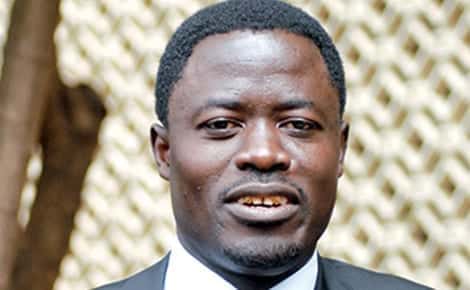
Nairobi, Kenya: Men are now seeking equal rights with women in child custody and maintenance, according to a new Bill currently before the National Assembly.
The Children Amendment Bill, which was introduced in the House yesterday, seeks to amend Section 24 of the current Act to allow men equal rights to children born out of wedlock.
The Bill seeks to close a window that has traditionally given women first priority in legal disputes involving child custody and maintenance.
According to the sponsor of the Bill, Homa Bay Town MP George Kaluma, the main intention of the amendment is to bring it into conformity with the Constitution.
Kaluma argues that Section 25 of the Constitution states that both the father and mother have equal responsibility for maintenance of the child.
“It is, therefore, contradictory to deny the father the same rights that are already granted in the Constitution,” he said.
The section which the Bill seeks to amend reads: “Where a child’s father and mother were not married to each other at the time of the child’s birth and have not subsequently married each other, the mother shall have parental responsibility at the first instance.”
In its memorandum of objects and reasons, the Bill explains that it “seeks to vest equal responsibility for parental care and protection of a child in both the mother and father whether they are married or not… Neither the father nor the mother of the child shall have a superior right or claim against the other in the exercise of such parental responsibility.”
The Bill will also repeal sections 26 and 27 of the principal Act, which deal with issues of child custody and maintenance.
Under the current Act, a father can only be given custody of the child upon application to the High Court or through a ‘parental responsibility agreement’.
The Act, however, proceeds to say that the father shall acquire automatic parental responsibility if he has cohabited with the woman for a period not less than six months, “notwithstanding that a parental responsibility agreement has not been made by the mother and father of the child”.
Similar to previous Bills touching on the family, the amendments could prove divisive when members eventually debate them.







